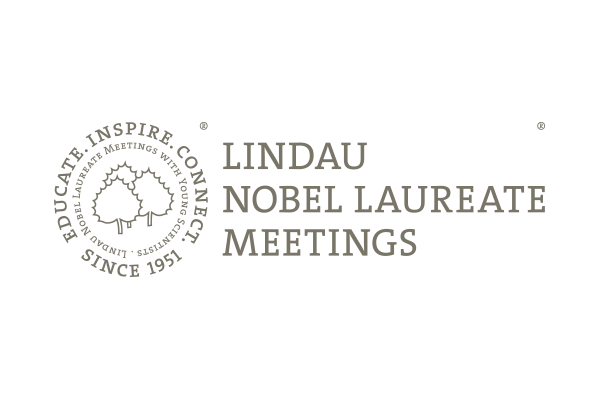Lindau mediatheque: Physiology

DRUG TARGETS (Drug research has contributed more to the progress of medicine during the past century than any other scientific factor.)
Drug research has contributed more to the progress of medicine during the past century than any other scientific factor. With lecture snippets of Gerhard Domagk, Gertrude Elion and Brian Kobilka this Mini Lectures introduces to the fundamental research methods of drug targeting.
English, German, Spanish, French
CANCER (Every third person will eventually develop cancer.)
Cancer is one of the most common diseases. According to some sources, every third person will eventually develop cancer. This Mini Lecture deals with the causes and therapeutic options of cancer with direct quotes by Nobel Laureates Renato Dulbecco, Howard Temin, and Aaron Ciechanover.
English, German, French, Spanish
LIFE OF PROTEINS (Life comes with proteins as they build an essential ingredient of every cell.)
Proteins are an essential ingredient of each and every cell and constitute most of its dry mass. This Mini Lecture explores the chemical structures of the macromolecules and introduces to the specific, three-dimensional constitution of the amino-acid-chain, the buildup and degradation of proteins with lecture snippets of Nobel Laureates Christian Anfinsen and Johann Deisenhofer.
English, German, French, Spanish
SMALL MOLECULES (Small molecules are essential building blocks of life)
Small molecules serve as nutrients and thus provide both energy and building blocks required for the body’s maintenance, growth, and development. This Mini Lecture explores the Nobel Prize awarded discoveries and the structural characterization of small molecules such as vitamins, hormones, and neurotransmitters.
English, German, French, Spanish
Additional information
-
Age from:8
-
Age to:20+
-
Target audience ISCED:Primary education (ISCED 1)Lower secondary education (ISCED 2)Upper secondary education (ISCED 3)
